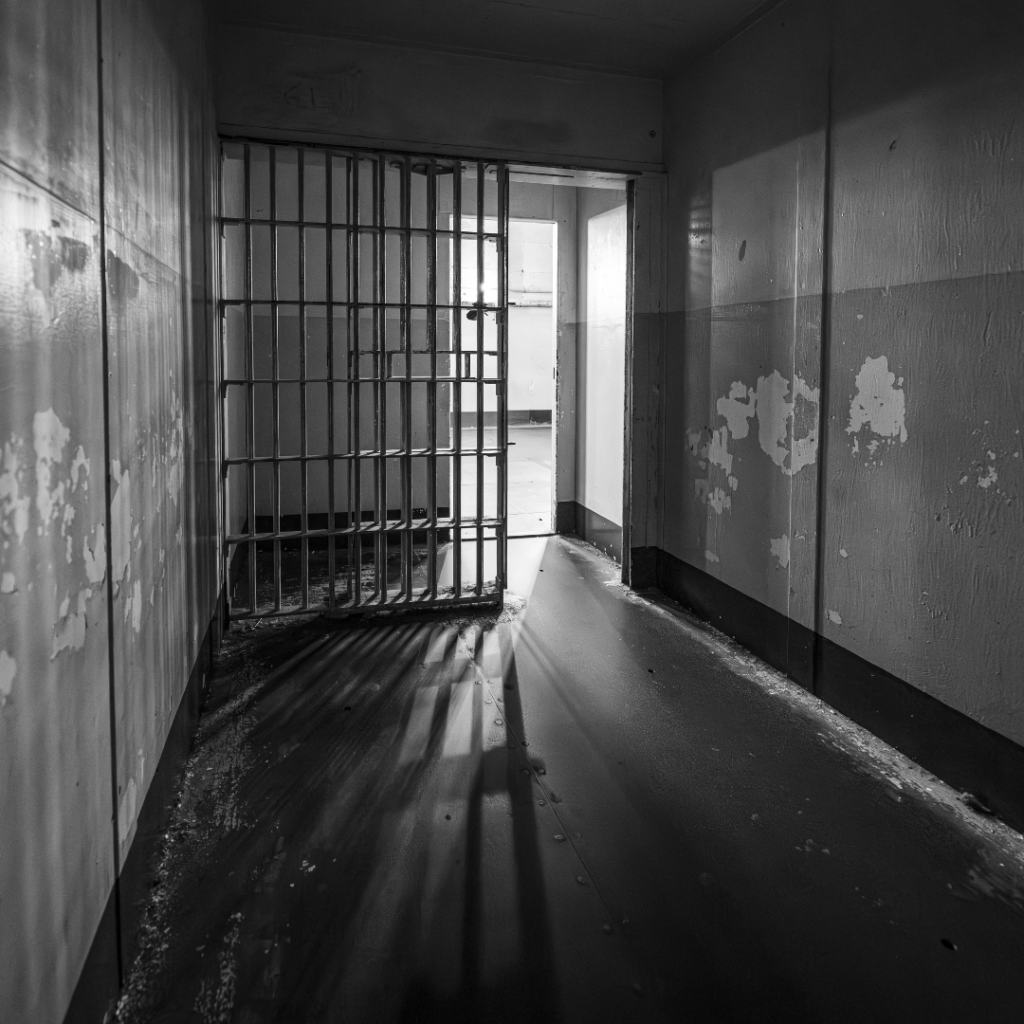Turning the Page on Early Literacy
Some library systems have gone “fine-free” in the interest of promoting youth literacy.
 There has been a flurry of activity on childhood literacy, since this year’s passage of two bills – SB 211 and HB 528 – to address an issue that worsened during the pandemic.
There has been a flurry of activity on childhood literacy, since this year’s passage of two bills – SB 211 and HB 528 – to address an issue that worsened during the pandemic.
“Early literacy is a generational problem, not just K-12,” says Joy Hawkins, executive director of the newly established Georgia Council on Literacy (GCL). “Every community should own this issue.”
SB 211 established the 30-member Georgia Council on Literacy (GCL) and reinstated the Alliance for Education Agency Heads. Alliance members include the Department of Early Care and Learning, Georgia Department of Education (DOE), Governor’s Office of Student Achievement, and more. Since the GCL was created, council members have embarked on a six-city tour around the state to encourage local leaders to develop mini-strategic plans to tackle early education.
The GCL also includes subcommittees dedicated to early learning (birth to five years), K-third grade, teacher and professional development, and community outreach. Goals of the council include improving literacy rates for minority, English speakers of other languages (ESOL) and dyslexic students; training teachers with “science of reading” elements (such as phonics); and possibly changing the education funding formula to enhance literacy instruction. Another element is the possible inclusion of literacy instruction on the Georgia Assessment for Certification of Educators.
 The best practice-sharing element of community literacy improvements will build on the work of the L4GA, a DOE program that works to improve literacy outcomes for children from birth through 12th grade. A federal L4GA was established in 2016, thanks to an approximately $180 million, five-year federal Comprehensive Literacy State Development Grant, 95% of which was awarded to local school districts.
The best practice-sharing element of community literacy improvements will build on the work of the L4GA, a DOE program that works to improve literacy outcomes for children from birth through 12th grade. A federal L4GA was established in 2016, thanks to an approximately $180 million, five-year federal Comprehensive Literacy State Development Grant, 95% of which was awarded to local school districts.
Unfortunately, the pandemic set literacy efforts back a great deal. Georgia Milestones test results for 2021-2022 showed that while learning loss was steeper in math than in reading, students who had struggled prior to the pandemic showed greater levels of learning loss. In Georgia, proficiency in English Language Arts fell by 5% from 2019 to 2022. Nationally, reading scores for fourth graders dropped by five points, the largest decline since 1990.
According to the Education Recovery Scorecard, Georgia students exhibited a loss of almost two months of reading learning from 2019 to 2022. Approximately 24% of third to eighth-grade Georgia students were designated beginning learners in 2018-2019. By 2022 that number had risen to 30.5%.
HB 538, the Georgia Early Literacy Act, which also passed this year, requires the Georgia DOE to implement literacy training for teachers over the next two years, among other initiatives.
And while retraining teachers to incorporate phonics may be daunting (currently there is no funding source in the new laws), the results have proven noteworthy in other states. Mississippi jumped from 49th in the country for fourth-grade national reading assessments in 2013 to 21st in 2022, overtaking Georgia in the process, reportedly by incorporating “science of reading” into its curriculum.
Chatham County Schools have jumped in with a new plan to allocate a two-hour instructional block for literacy at all grade levels, including training for teachers incorporating phonics, and a budget for six new literacy specialists.
Phonics has faced criticism for lacking a comprehension component. But it could be a gateway of sorts for early readers to overcome obstacles and to prepare for a love of reading in depth.
Libraries are also doing their part for literacy, and there are signs of a rebound in reading. Fulton County Library System saw a big increase in participation in its Summer Reading Program this year. A total of 10,152 children of all ages, including 7,343 aged infant to 12, read 67,085 books. In addition, participation in its 1,000 Books Before Kindergarten program also grew.
Some library systems have gone “fine-free” in the interest of promoting youth literacy. The Northwest Georgia Regional Library System, which includes Dalton-Whitfield County, Calhoun-Gordon County and Chatsworth-Murray County, has also gone fine-free.
Georgia City Solutions, the nonprofit arm of the Georgia Municipal Association (GMA), has started the Mayor’s Reading Club in partnership with the Georgia Public Library System, in the hopes of further inspiring young readers.
“If you are a proficient reader, there is no limit to what you can do,” says Julie Walker, state librarian, announcing the GMA program. Amen.






